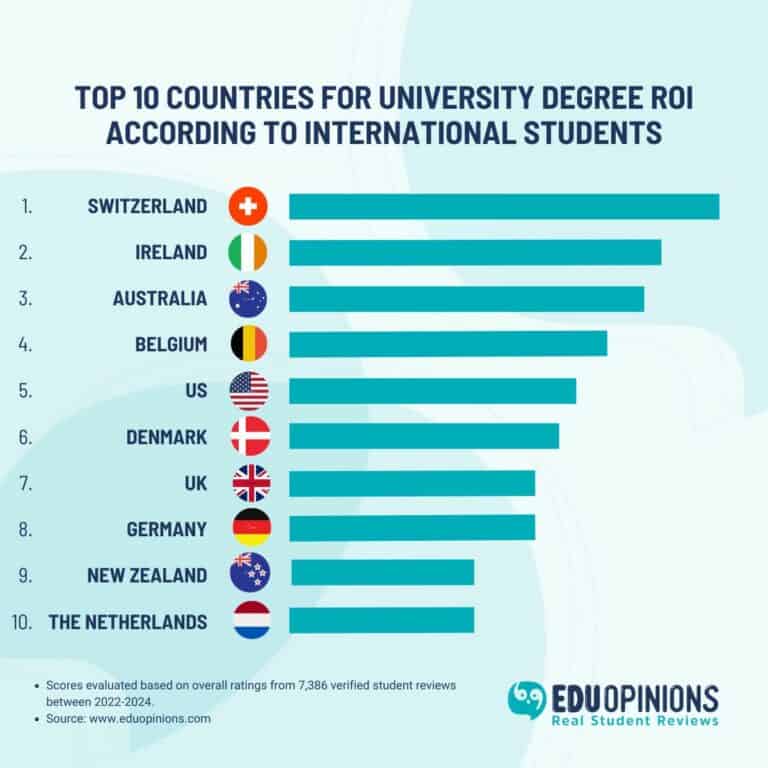“That campaign concept sounds great, but will it generate any leads?”

This is the kind of sentence that you might hear from a hard-nosed sales or marketing leader. Increasingly also in Higher education. Is this focus on generating, tracking and following up on leads a good thing?
Overall, I am a strong believer in structuring student recruitment campaigns around the concept of “leads”. It provides focus. In fact, that quote on top could very well be me.
To my ears “We ran that campaign just to raise awareness” sounds very much like “We took this chunk of our marketing budget and decided to flush it down the toilet”.
Don’t get me wrong. Establishing a strong reputation is crucial. But it’s much more effective to do that by doing what Universities do: research projects, collaborations, conferences, publications. Don’t burn your marketing budget on it.
With all of that said, there is a problem with the word “lead” that I encounter over and over.
The problem with “leads”
The problem with the word “lead” is that it’s a very imprecise term.
It reduces a person to either 1 (you’re in the database) or 0 (we don’t know you).
And with that, it completely leaves the lead quality out of the equation.
And with the quality I mean: How likely is a “lead” to actually enrol with you?
- Are they seriously in the process of selecting a University, or just toying with the idea of going back to school?
- Do they have the budget and prerequisites that would qualify them to be admitted to your institution?
- How much time have they spent evaluating your institution? Have they been to (virtual) open days or interacted with staff and/or students?
- To how many other institutions are they also known as a lead?
A different way of thinking about “leads”

Just “counting leads” isn’t a good way to gauge campaign success, because it makes us completely overlook how qualified and warm they are.
There are a few ways to bring quality back into the equation.
1. Change the name
First of all, you can stop talking about “leads” and give them a more precise name. Some ideas:
- Webinar participants
- Website enquiries
- Brochure downloaders
By just changing the name, you realise these are entirely different groups of people! This may not be practical to implement into your CRM, but even if you make the distinction during discussions, it will make a difference.
2. Put a number to “quality”
This is harder to implement, but it can be extremely powerful.
What is the value of 200 “leads”? It depends on how likely they are to enrol eventually.
This likelihood to enrol will differ greatly based on the lead source and the kind of filtering and nurturing that has taken place.
If a lead is 15% likely to enrol, it’s worth 15 times more than a lead that’s 1% likely to enrol.
How to find out this likelihood?
When you just start doing this, you’ll likely have hunches based on experience. The questions I mentioned above can also help to make the first estimate.
Just taking quality into consideration when thinking about next year’s recruitment campaigns and activities can make a huge difference. Even if you don’t know the exact numbers.
Eventually, you can make lead quality measurable by capturing the lead source and any subsequent actions in a CRM system.
When you check your enrollments after 2 years, you’ll see exactly which lead sources and touchpoints were most crucial to bringing them in!
Also, read:
- How do Verified Student Reviews Provide Value to Universities?
- Verified Student Reviews are the Way Forward
About Guus Goorts
Guus Goorts offers online marketing training specifically for Higher Education Institutions.
He believes that international experiences can make the world a better place. After an exchange, he lived in Singapore for 10 years and founded a study portal site for language schools.
Currently based in the Netherlands, he has run SEO and paid search campaigns for institutions like British Council, MDIS and Avans University.
He believes that HEIs need to deeply understand their online marketing, even if they plan to outsource it. That’s also the idea behind his book: Successful student recruitment with Google Ads which is available for free on his website.
Recent Posts

The moment you transfer the first tuition fee payment to your university, you'll be thinking of how you can recoup that investment. This is ...

For professionals with a few years' experience already, an MBA can be a great way of boosting your career prospects. From changing jobs or industries ...

Studying abroad for a semester or a full year can be an incredibly enriching experience. You'll get to experience a new culture, meet new people, and ...

